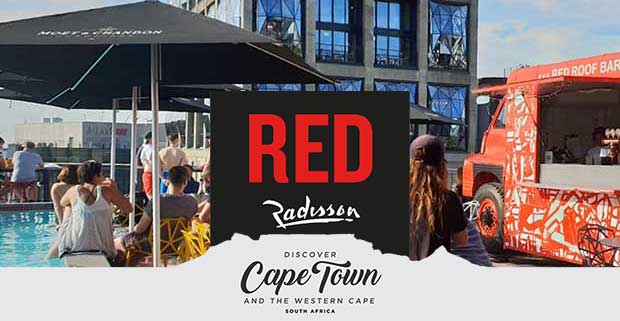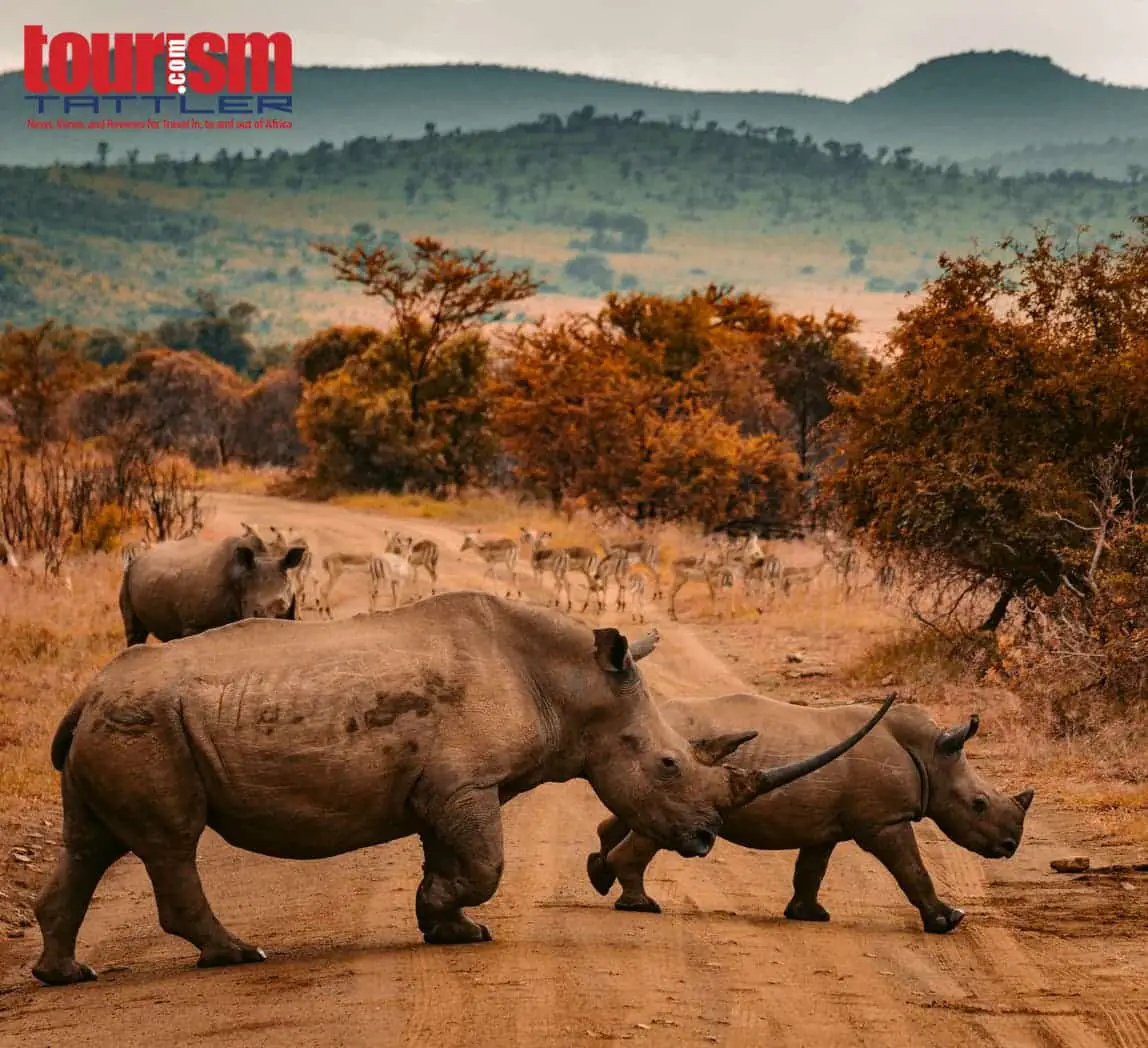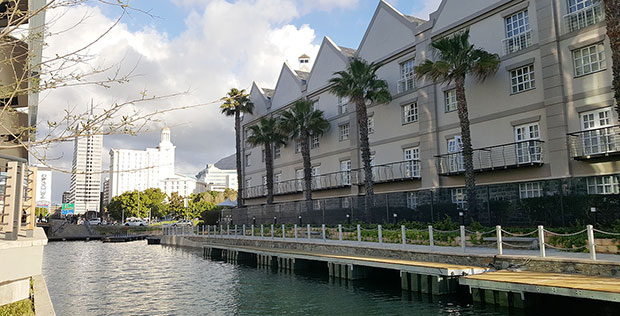Soul of the Grape: Wine Making and Cultivars
In Part 1 of this series, Belinda McLaughlin starts at the beginning − with six essential factors in winemaking and cultivars (the types of grape).
Wine is so more than just an alcoholic beverage; it’s an adventure of the palette, a soulmate to culinary delights, a voyage into history and culture, and an almost foreign language of its own. But with so many clichés to approach wine, how does an average wino become a connoisseur?
Life is full of surprises (like being invited to write this wine series for Tourism Tattler!). It was quite by accident that my career took a turn about fifteen years ago, and I found myself in the position of buying, tasting and selling wine.
I always knew that there was white wine, red wine, wine with bubbles and of course, communion wine! These past years have been my most exciting – a real adventure in finding out about our incredible South African heritage of wine, with its colourful history of people, different soils, vines, labels and the beauty of the Cape.
In the wine business, learning never gets boring and never ends, so put your feet up, get comfortable and follow me.
We respect our early winegrowers for their insight in choosing a wide range of cultivars suited to the soils of the Cape. The winegrower today is constantly striving to improve the cultivation of grapes and the quality of the wine.
Such devotion to the industry has placed South Africa amongst the world’s top growing and award-winning wine producing countries.
An increasing number of our
To begin with, there are six essential factors when making wine:
1 & 2. CLIMATE and SOIL
Terroir is the commonly used French term, which explains how these two elements combine to influence wine production.
3. CULTIVAR
Cultivar refers to
4. LOCATION
As the climate and
5. VITICULTURE
Viticulture is the actual cultivation of the vineyards and production of grapes, all of which are impacted by the preparing of soil, grafting of vines, planting of selected vineyard stock, pruning of vines, the various trellising practises in viticulture, the use of various types of fertilisers, and the constant battle against different types of disease that blight vineyards.
6. OENOLOGY
Oenology refers to the actual winemaking process in the cellar. Each winemaker uses different techniques and has its own cellar working preferences in the winemaking process, which is what gives each winery’s Merlot, for example, a different character from its neighbours. The motto of many winemakers is “good wine starts on the vine” which is why viticulture is so important. Wine is actually a bit like the English language – there are many exceptions to every rule!
The above six factors are what excite me about wine! It is amazing how at one winery there can be so many soil types.
For example, there is a farm called Lomond in the Cape Agulhas region, which has 120 hectares under vine but has over eighteen different soil types present in this small area. That is why the study of soils and their impact on the vines is so important. A wine farm can have a block of Sauvignon Blanc grapes growing on one side of a road, and a block of Shiraz growing on the other side!
Certainly unlike the sugarcane fields of KwaZulu-Natal, where I currently reside, which are planted for kilometre upon kilometre across the rolling hills. Mind you, the iLembe District started a vineyard project, known as Maphumulo Vineyards in January 2011, which plans to produce up to 25 tons per hectare of grapes for wine, brandy, juice and table grapes.
Each cultivar needs a specific soil type and a different place on the slope of the land. Each grape cultivar also has a specific leaf fingerprint. They all look like grape leaves, but a viticulturist can look at a leaf and know whether it is a Chardonnay or a Sauvignon Blanc.
Most wineries have fascinating histories, with a story behind each label, which continues to fascinate me. Not to even mention the incredible characters know as winemakers!
To really understand the wine you are drinking, we need to start with knowing about the different types of winemaking grapes or Cultivars.
Cultivars: The type of grape
There are more than 5,000 different wine grape varieties around the world. Keep in mind though, that red grapes can be used to produce white wines, but these are the main cultivars:
Red Wine Cultivars
The red colour comes from the skin of the grape. Tanin is extracted from the skin of the grape and the wood in the barrel. Tannin is a natural preservative that helps red wine last longer. It is the tannin that gives red wine the extra taste of dryness.
We talk about red wines as being Light, Medium or Full Bodied:
- Cabernet Sauvignon – Full.
- Sharaz (Syrah) – Full.
- Merlot – Medium.
- Cincaut – Medium.
- Pinotage – Medium (this has a very special place in South African wine history. It is our very own and unique cultivar and is a cross between Pinot Noir and Hermitage *Cincaut).
- Pinot Noir – Light / Medium.
- Malbec – Medium.
White wine cultivars
We talk about white wines as being Sweet, Off Dry or Dry. Again, there are many more white grape varieties, but these are the main ones:
• Chenin Blanc – Dry / Off Dry.
• Chardonnay – Dry (usually wooded).
• Sauvignon Blanc – Dry.
• Semillion – Dry.
• Pinot Grigio – Fruity Off Dry / Dry.
• Gewurztraminer – Off Dry / Sweet.
• Weisser Riesling – Off Dry / Sweet.
• Cape Riesling – Off Dry (also known as Orouchen Blanc).
• Viognior – Off Dry / Wooded.
In the July edition of the Tourism Tattler magazine (see pages 24 – 26 HERE), we talk more about the different styles of wines and how wine is made.
I do hope you have enjoyed this article and if you have any questions please feel free to email me at [email protected]
IMPILO ENDE! (meaning LIVE LONG in Zulu)
About the Author: Belinda McLaughlin is the Brand Ambassador for Cape Legends. For more information visit: www.capelegends.co.za
Winner of the Tourism Tattler / Cape Legends June 2014 wine competition:
CONGRATULATIONS to Richard Mauchle of Rosebank Lodge Guesthouse. Richard won a mixed case of LE BONHEUR wine by entering our June competition, with the compliments of Cape Legends.










